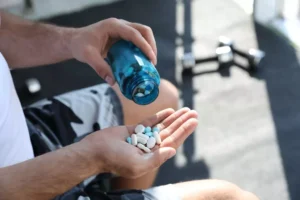
You’re likely to urinate 100 mL more for every standard drink you consume (10 mL of alcohol). If you binge drink, you’ll likely lose 500 to 1,000 mL of fluids, causing dehydration. How long it takes to rehydrate after drinking depends on how much alcohol you have consumed and how much fluid volume and electrolytes your body lost. In addition, cocktails with sugary mixers or caffeinated alcoholic beverages can amplify fluid loss and worsen alcohol-related dehydration. The Centers for Disease Control and Prevention (CDC) recommends that men don’t exceed two alcoholic drinks in a day and that women limit alcoholic beverages to one drink or less.
Does Alcohol Dehydrate You?
Sulfites have been a popular scapegoat for all sorts of ailments since does red wine dehydrate you it became mandatory in the 1990s to label them on wines in the U.S. However, not much evidence links sulfites directly to headaches, and other foods contain comparable levels to wine without the same effects. White wines also contain the same amount of sulfites as red wines.
Avoid alcohol on hot days
A lower-alcohol beer, if you don’t drink too many, will be less dehydrating than wine or hard liquor, since beer generally has a lower alcohol content. No matter what you choose to drink, drinking slowly and savoring your drink is a good way to moderate your total alcohol consumption and minimize alcohol’s dehydrating effects. Alcohol dehydrates you, and it’s crucial to drink plenty of water and replenish electrolytes after consuming alcoholic beverages to restore optimal fluid balance. Alcohol-induced dehydration is more likely to occur if an individual drinks alcohol on an empty stomach or does not drink enough non-alcoholic fluids while consuming alcohol. People who are already at risk of dehydration should avoid or limit their alcohol consumption.
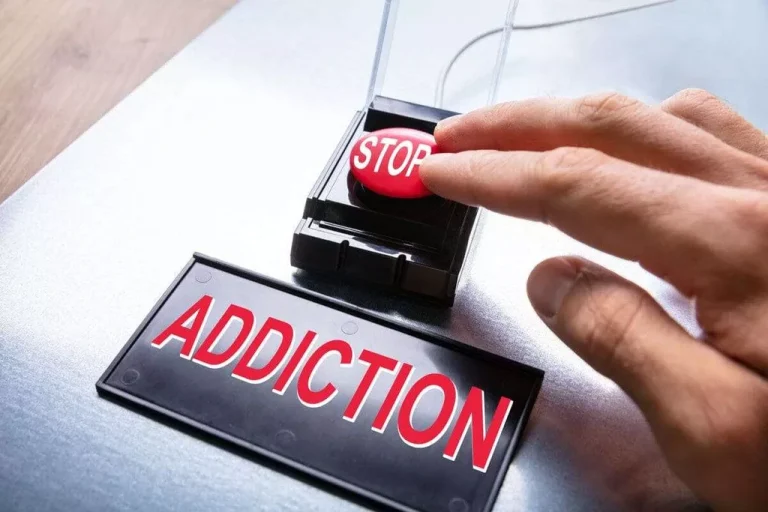
Reduced Vasopressin Production
- “Therefore drinking a sugary alcoholic beverage can make it worse and cause dehydration.”
- When you wake up, this can lead to some negative effects of dehydration.
- It’s probable that a cocktail such as a vodka and soda is less dehydrating than a straight shot of vodka.
- Of course, the more you urinate, the faster you’ll become dehydrated if you keep following up with more glasses of wine.
- The higher the alcohol content, the greater this effect will be.
- Dehydration is when the body does not have sufficient amounts of fluid to function effectively.
You probably know dehydration as what happens to our bodies when we don’t take in enough fluids. “That’s pretty close to those hangover symptoms, right?” asks Brigitte Zeitlin, M.P.H., R.D., C.D.N., and owner of BZ Nutrition. If we’re experiencing any of these after excessive alcohol consumption, we could have alcohol dehydration, which can result in serious health consequences.
- Exercise causes fluid loss, and combining it with alcohol increases the risk of dehydration, which is detrimental to muscle tissue and can slow down recovery.
- This sugar can speed up how fast alcohol hits your bloodstream, potentially making dehydration worse.
- So, when drinking liquors like whiskey and brandy, it’s especially important to consider how many drinks you’ve consumed versus glasses of water.
How to Rehydrate Fast After Drinking
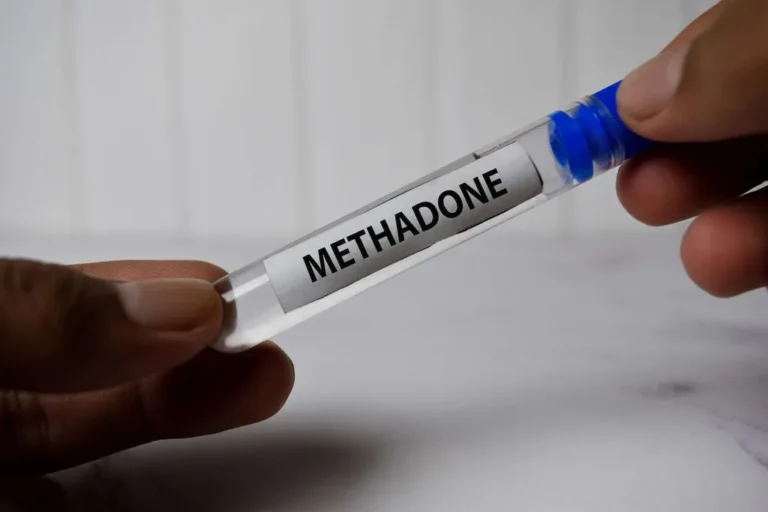
Dehydration is when the body does not have sufficient amounts of fluid to function effectively. After consuming a lot of alcohol—and experiencing the dehydration that comes with it—it’s very possible that you experience a post-alcohol disorder known as a hangover. Euphoria, relaxation, and other physical and mental changes are the result of alcohol’s impact on your central nervous system. There is no “safe” level of alcohol in your bloodstream, but there is evidence that side effects increase alongside BAC. But wine is nothing compared to liquor, in which a single one and a half-ounce shot may contain up to 70 percent alcohol content. While the body’s intestines rapidly absorb alcohol, it is metabolized much more slowly.
- The higher the alcohol content of a particular drink, the greater this effect becomes.
- You’ll meet millions of fellow Reframers in our 24/7 Forum chat and daily Zoom check-in meetings.
- Excessive urination causes your body to lose vital electrolytes.
- As you can see, wine can dehydrate you if you drink it on an empty stomach or if you drink multiple glasses in a row without drinking water to accompany them.
If you drug addiction are wearing multiple layers or in a warm environment, you could induce a light sweat if you drink multiple glasses of wine in a row. Having a few drinks can be fun, but feeling dehydrated or hungover is not. It’s up to you to decide if the pleasures of alcohol are worth the potential next-day effects. Follow drinking behaviors that are best for you, not what everyone else is doing. And above all, limiting your alcohol consumption in general is the best way to avoid dehydration. So what can you do to make sure you don’t get that infamous hangover headache caused by dehydration?
What to Do If You Are Dehydrated

Over consumption of alcohol can create dehydration, causing havoc on your body the next morning. Drinks that contained electrolytes—milk and oral rehydration solutions, for example—were more hydrating after two hours compared to water. 6 In other words, subjects peed less relative to their fluid intake two hours after consuming these drinks compared to water. But once you introduce alcohol into your system, you urinate more, and the mechanism that normally prevents excessive urination—anti-diuretic hormone—is inhibited, which can lead to dehydration. And while the non-alcoholic fluids in beer, wine, and liquor are inherently hydrating, they’re not necessarily hydrating enough to offset the effects of alcohol-induced dehydration.
In the absence of adequate amounts of solute, kidneys hang on to more free water, thereby diluting the sodium concentration in the blood. If you’ve eaten some food and have consumed a glass of water, you can drink a few glasses of wine before you start to feel the effects of mild to moderate dehydration. Of course, the more you urinate, the faster you’ll become dehydrated if you keep following up with more glasses of wine. Alcoholic beverages like wine have their pleasures, but drinking too much wine or other alcohol in short order can leave you feeling dizzy, tired, and even with a headache.
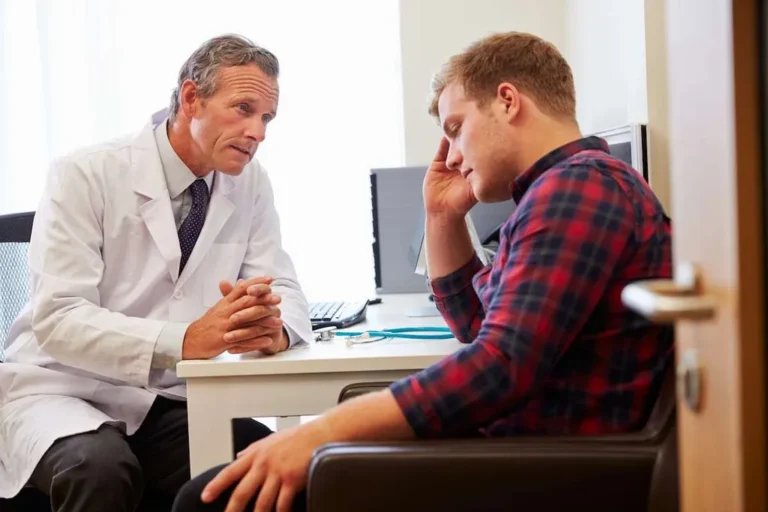
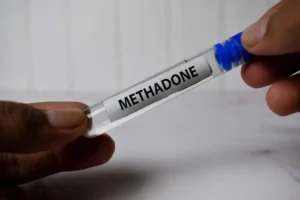
This is one https://ecosoberhouse.com/ reason why drinking water with wine leaves you with a less potent or faster buzz. If you drink wine without water, your buzz is likely to be stronger and last for longer. But you may also encounter negative or uncomfortable side effects because reduced vasopressin leads to dehydration. When this occurs, you’ll urinate some of the water your body had stored beforehand, leaving you more dehydrated than you were before.

Leave a Reply